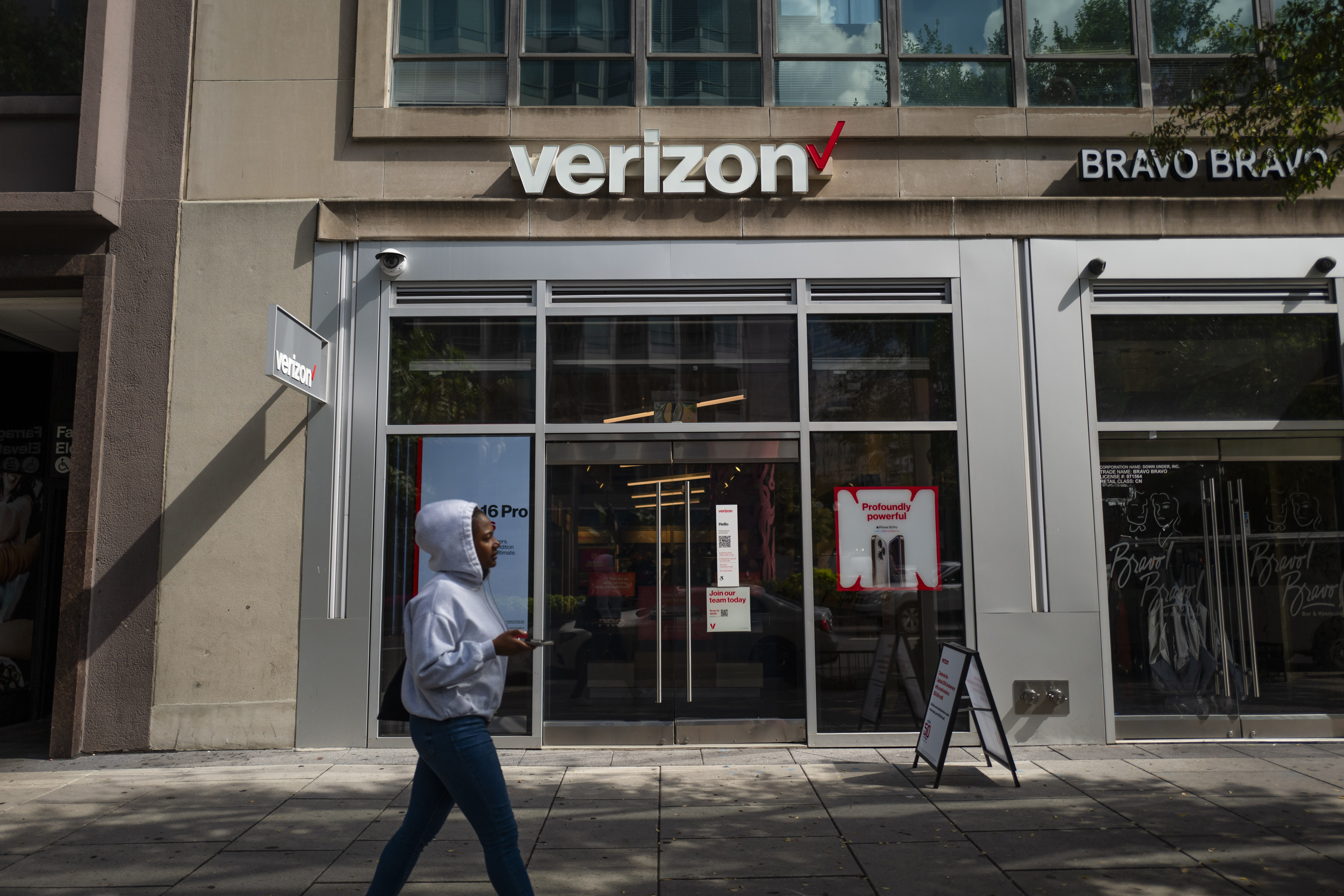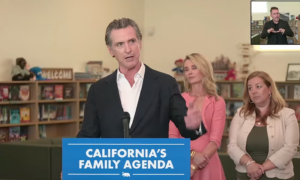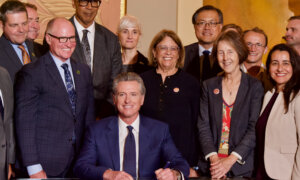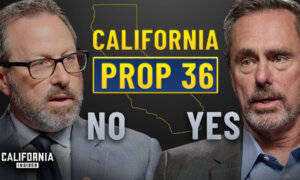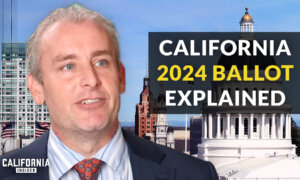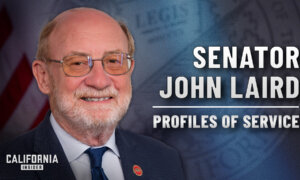The U.S. Federal Communications Commission (FCC) must enact a proposed rule mandating telecom service providers to unlock the phones of customers within 60 days of activation, according to multiple advocacy groups.
In response, major telecom companies filed comments opposing the new rule.
The FCC rule, proposed in July, allows people more flexibility to switch service providers. On Oct. 18, a coalition of 14 groups wrote a letter to FCC chairwoman Jessica Rosenworcel supporting the rule.
Implementing the measure “can increase consumer choice, lower costs, and improve competition in the wireless marketplace,” they said.
“Wireless users are subject to unnecessary restrictions in the form of locked devices, which tie them to their service providers even when better options may be available. Handset locking practices limit consumer freedom and lessen competition by creating an artificial technological barrier to switching providers.”
The 60-day unlocking rule is a “simple solution” that would resolve these issues, the advocacy groups said in their letter. The device unlocking must be “truly automatic” so that customers do not face additional delays or other barriers to switching providers, the groups wrote. No additional actions should be required from the customer to switch services.
The advocacy groups’ letter asked the agency to ensure that service providers are required to transition away from selling devices that cannot be unlocked. Once the 60-day limit is reached, the handset must be unlocked even if the customer does not ask for it or the handset is not fully paid for, it said. This will ensure that mobile service providers compete “more vigorously” on price, quality, and innovation.
The groups said that automatic unlocking would improve transparency in the marketplace and benefit lower-income groups who will have an “expanded pool of devices” to choose from in the secondary market.
Companies Make Their Case
The letter was sent the day after T-Mobile asked FCC Secretary Marlene H. Dortch not to implement the unlocking rule. If the measure is imposed, consumers rather than providers would stand to “lose the most,” the company said in the Oct. 17 letter.“Consumers risk losing access to the benefits of free or heavily subsidized handsets because the proposal would force providers to reduce the line-up of their most compelling handset offers,” the company said.
“T-Mobile estimates that its prepaid customers, for example, would see subsidies reduced by 40 percent to 70 percent for both its lower and higher-end devices, such as the Moto G, Samsung A15, and iPhone 12. A handset unlocking mandate would also leave providers little choice but to limit their handset offers to lower cost and often lesser performing handsets.”
In addition to T-Mobile, other mobile firms have raised objections to the rule. Verizon said in a filing with the FCC that the measure could increase losses for telecom firms.
Device unlocking, which is often carried out by criminal groups, costs America’s wireless service providers “hundreds of millions, if not billions, of dollars on an annual basis,” Verizon said.
A “substantial portion” of these unlocked devices are sold as new ones outside of the United States. Service providers with shorter unlocking periods tend to be targets of criminal enterprises engaged in these activities, the filing said.
AT&T agreed with Verizon’s assertion that trafficking of unlocked handsets creates losses for the U.S. wireless industry.
Funds from the sale of unlocked handsets that are trafficked internationally end up enriching foreign adversaries, rogue governments, and criminal enterprises, with the proceeds used to support criminal activities like weapons trafficking, terrorism, narcotics, and human trafficking, it said in comments to the FCC.
FCC Chairwoman Rosenworcel backed the 60-day unlocking rule in a statement issued on July 18, pointing out that despite the efforts of the FCC, the Department of Justice, and Congress, mobile service providers have persisted in restricting consumers from unlocking their phones.
“It is time to end them once and for all. You bought your phone, you should be able to take it to any provider you want. Some providers already operate this way. Others do not,” she said.
“In fact, some have recently increased the time their customers must wait until they can unlock their device by as much as 100 percent. Enough. We can put in place a nationwide standard because it is in the best interest of consumers and competition.”
